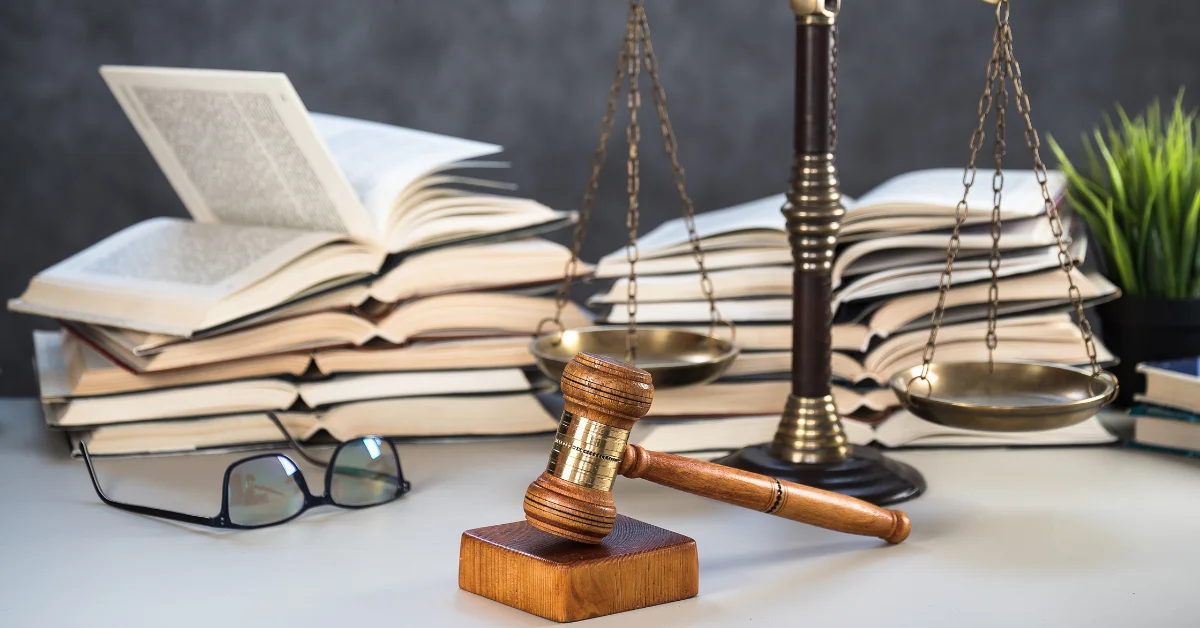Understanding the Legal Implications of Domestic Violence Cases

What happens when home, a place meant for safety, becomes a site of harm? Domestic violence cases continue to affect families and communities worldwide. These situations are both deeply hurtful and have major legal consequences.
Laws work to protect victims, punish offenders, and prevent future harm. Understanding how courts handle such cases helps people know their rights and choices.
Many victims feel uncertain about where to turn during these times. Legal clarity can ease confusion.
This piece will cover what domestic violence means legally and what help exists for victims. Read on!
Legal Protection for People Hurt by Domestic Violence
People harmed by domestic abuse have laws that shield them and ensure proper treatment. People with these rights can often get protective orders and restraining orders.
Sometimes, courts will give temporary custody or housing protections to victims who need them right away. People who have been victims can get legal help to get through the justice system. Victims can take action and look for safety when they know about these rights.
The Role of Law Enforcement
When there is domestic violence, police officers are very important. They answer calls for help in emergencies, make sure people are safe right away, and gather evidence for prosecution.
If there is enough proof of abuse, the police can arrest the people who did it. Victims are also linked to shelters, counseling, and other helpful services in the area. What they did set the stage for the whole legal process.
Court Processes and Hearings
Domestic abuse cases usually start with appearing before a judge. A judge listens to evidence from both sides before making a decision.
Hearings may cover protective orders, custody, or criminal charges. Victims may testify about their experiences, and evidence like medical reports may be presented. Understanding this process helps reduce stress and uncertainty for those involved.
Protective Orders and Their Importance
Court orders that keep abusers away, called restraining orders, are crucial in these situations. They legally prevent offenders from contacting or approaching victims.
Breaking these court orders can result in quick jail time and additional punishments. Courts often issue temporary orders quickly to offer fast protection. Extended protection orders might be issued based on how serious the abuse was.
Legal Consequences for Offenders
Offenders in domestic violence cases face serious legal consequences. Punishments can involve prison, money penalties, or required therapy sessions.
Repeat offenses usually result in harsher penalties under the law. Criminal records from domestic violence charges can affect employment and housing opportunities. These legal outcomes are designed to discourage further acts of abuse.
State-Specific Domestic Violence Laws
Each state creates different rules about domestic abuse cases. Penalties and protections may differ depending on where the case is filed.
For example, info about domestic violence laws in South Carolina shows how state rules vary in terms of punishment and victim protections. Some states also include stricter laws for repeat offenders or when children are involved. Understanding state-specific laws helps victims and families make informed choices.
The Ramifications of Domestic Abuse Case Law
People who are victims of domestic violence are going through serious legal issues that affect whole families and communities. From the beginning to the end, victims have the right to be protected, kept safe, and given legal advice.
Ensuring fair outcomes is primarily handled by judges and law enforcement officers. As important defenses against more harm, protective orders and state-specific laws are. Victims and their families can take steps toward safety and justice by learning about the legal effects of domestic violence.
